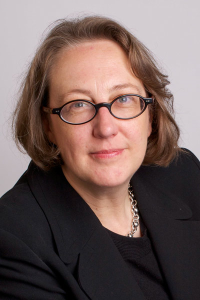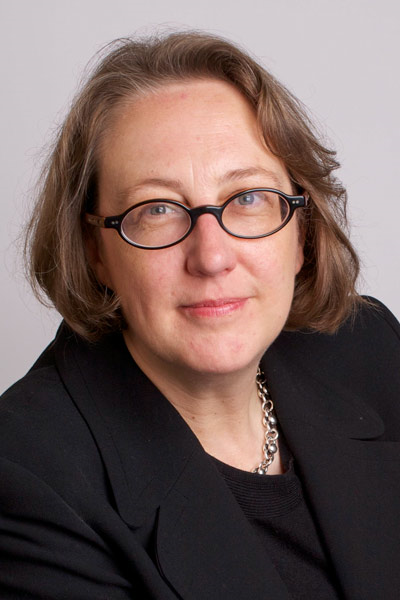
Reverend Jane Shaw, recently announced as dean of religious life, will serve as minister of Memorial Church and will teach undergraduates and graduate students as a professor of religious studies. Shaw has worked as the dean of Grace Cathedral in San Francisco and previously taught at the University of Oxford.
Shaw will commence her position as Stanford’s spiritual leader this fall, succeeding Reverend William “Scotty” McLennan, Jr., who is stepping down after 14 years.
The Daily spoke with Shaw about her personal goals and goals for the Stanford community.
The Stanford Daily (TSD): What are the differences and similarities between the Stanford community and Grace Cathedral community, where you served previously?
Jane Shaw (JS): The Grace Cathedral is a large cathedral and an abroad community. The Memorial Church serves a university campus, so that is different than serving in a large city. But there is some similarity, which is that sense of being very open to different people. So in both cases, you want to have broad-ranged events and worship and preaching that appeal to a lot of different people.
TSD: What are some of the programs that you will develop?
JS: We do not know that for sure, but I will have my ears close to the ground – what it is the students would like, what it is the faculty would like. I will be listening to find out what people want.
We now have the important window of the Meditation Center that is going to open this quarter; it will be a part of how to provide spiritual resource, a good place to be quiet for the community. I am pretty sure we are going to plan some activities related to meditation, but it is largely a place for people to be quiet and meditate.
I hope we will have some art programs. Maybe we will also collaborate with the Cantor Museum on campus and maybe with the music department. I hope we will have some forums for people to relate what they are doing in their academic lives and their intellectual lives to questions of values and religions and ethics. I ran a program called the Forum, where we interviewed someone for three hours every week; I hope we will have some program like that. We are in the Silicon Valley so I hope we will have some discussions about what the ethics of Silicon Valley and technologies are. It would be great to get some people there to talk to students about that.
TSD: What are your personal goals and goals for the Stanford community?
JS: My own goal for the first year is to listen and to engage with the community to find out what they want from the Memorial Church and Office of Religious Life. I will want to get around and about and hear what people think. For Stanford, I hope they will find the Memorial Church and the Office of Religious Life to continue to be a resource. In the long term, I hope the Memorial Church and the Office of Religious Life will continue to engage the community and to grow in the engagement. I would like it to be a place where people who are curious about the questions of the day feel like they can go there and discuss them and think about them in relationship to values and ethics. So we should be engaging with people – where they are and what they are doing – and be a resource.
TSD: What classes will you teach, and how will you teach these classes?
JS: I am sure I will be teaching gospels about Christianity, but I may also teach an ethics class. I am a historian so I will expect students to read primary sources. I want to get a conversation going; I want to hang out with students. I want to impart some knowledge, but I also want to hear what they want to say. I want them to engage with the text they are reading. I want them to relate the text to their own interests and concerns. I want people to think for themselves and to analyze the evidence. That is the main thing about teaching – to enable them with the skills to think. And I want to do that for the people who go to the preaching, too. Because when you preach, you want them to think for themselves and to apply it to their lives.
This transcription has been condensed and edited.
Contact Yifei Wu at yifei ‘dot’ sherry ‘at’ gmail ‘dot’ com.
